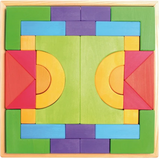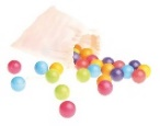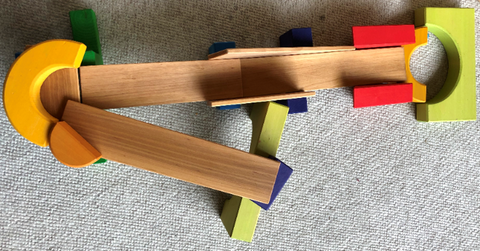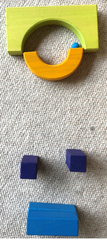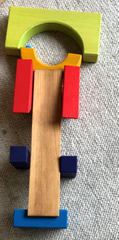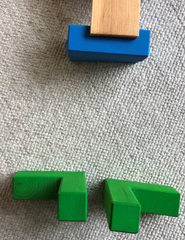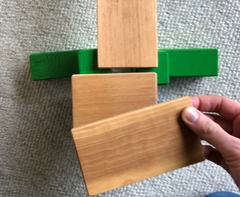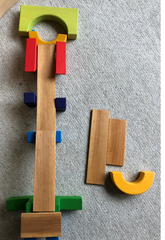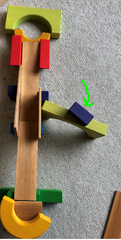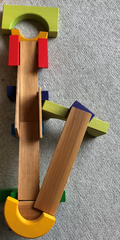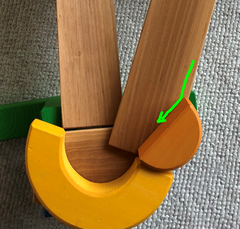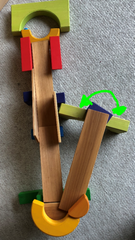Your Cart is Empty
Menu
-
- Clothing
- Toys
-
Toy Brands
- Abel
- Bajo
- Bauspiel
- Billes et Co
- Cedar Hollow
- CJ Eco Play - Cutters and Stamps
- Clixo
- Connetix
- Cuboro
- Dena
- eco-kids
- Erzi
- Fagus
- Folkmanis
- Gluckskafer
- Grapat
- Grimms
- Grimms Celebration Rings & Deco Figures
- Guidecraft
- Holztiger
- Huckleberry
- Kraul
- Londji
- Lubulona
- Mader
- Ocamora
- Ostheimer
- Quelle est Belle Company
- Papoose
- Raduga Grez
- Sarah's Silks
- Stuka Puka
- Teri Co
- The Little Omo
- Uncle Goose
- Waytoplay
- Wild & Soft
- Wobbel
- Wonderie
- Toys by Age
- Type of Play
- Animals & Small World Play
- Celebration Rings & Deco Figures
- All Toys
- Made in Canada
- Bundles
- Spare Parts
- Clearance
-
Toy Brands
- Home
- Books, Art & Puzzles
- Outdoor Gear
- Brands
-
Brands A-F
- A Kids Book About
- Abel
- All Of Us Crayons
- Baggu
- Bajo
- Bauspiel
- Billes et Co
- Books
- CarlijnQ
- Cedar Hollow
- CeLaVi and Color Kids
- Chunky Deli
- Clixo
- CJ Eco Play - Cutters and Stamps
- Coddi and Womple
- Connetix
- Cuboro
- Curious Stories
- Dalcini
- Danica
- Dear Sophie
- Dena
- DUNS Sweden
- eco-kids
- Egg Felt Kits
- Elementaire Paris
- Erzi
- Fagus
- Fluf
- Folkmanis
- Fraulein Prusselise
- Friday Sock Co
- Frugi
- Brands G-L
- Brands M-R
- Brands S-Z
-
Brands A-F
- Shop by Theme
- Sales
- Gift Guides
- Rewards
-
- Wishlist
- Login
-
Canada (CAD $)

 Standard and Basic Set Marble Runs
Standard and Basic Set Marble Runs 

